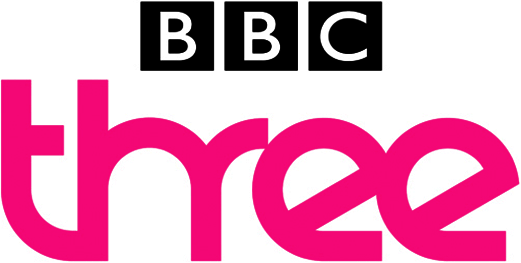Three strikes out
Everyone needs some downtime. A long day at work or a particularly heavy night out cannot always be followed by entertainment of the highest intellectual order. As people work longer and harder for less and less (or pay more and more for tuition fees), there is a deserved place for trashy entertainment on our screens. That place is BBC Three, a channel that the BBC have mistakingly decided to scrap.
Launched in 2003 to replace the similar BBC Choice, Three is aimed at young people and mostly airs original comedy, drama and reality shows. Whilst it is true that the quality of these programmes can vary wildly – an eternal optimist may struggle to label Snog, Marry, Avoid as ‘watchable’ – BBC Three has worked well as a wall for the purpose of throwing mud at. Some of it will stick, and when it has, the channel has produced many home-grown successes, such as Little Britain, Gavin & Stacey, Torchwood and Being Human.
Advocates of closing the channel say that the job of fostering new comedy and drama was done just as well by late-night BBC One and Two in the past. But giving prime-time slots to new, challenging programming, on a channel that can take more risks due to not being a flagship station, makes this a lot easier.
The channel has produced many home-grown successes, such as Little Britain, Gavin & Stacey, Torchwood and Being Human
Another argument made is that ITV2 and E4 do the same job as Three, and that it is struggling in the face of excessive competition. This is also wrong.ITV2 is godforsakenly terrible, and E4 focuses too much on US programmes like How I Met Your Mother and The Big Bang Theory, which are painfully bad. If you’re going to import, at least do it right.
Speaking of which, “what’re all the stoners and drunk people going to do if there is no Family Guy or American Dad to watch on BBC Three?’ wondered an anguished Tweeter in the aftermath of the BBC’s announcement. Whilst these are American programmes, their presence on the channel is not only useful (on their day they’re both marvellously sharp), but they also provide crucial post-pub television for young people across the country, seamlessly merging late night into early morning with the assistance of a twisted baby and a ever-disguised alien.
For all the BBC’s talk of people booting up iPlayer, getting people to do so whilst the worse for wear, falling asleep with a half-eaten kebab in one hand may be a challenge.
In fact, how many people are actually not going to bed blind-drunk because BBC Three’s mix of subversive American comedy and programmes about people drinking and having sex in party resorts whilst their parents watch on have given them crucial sobering-up space? For all the BBC’s talk of people booting up iPlayer, getting people to do so whilst the worse for wear, falling asleep with a half-eaten kebab in one hand may be a challenge.
Most importantly of all, this is just another case where the establishment has proved it doesn’t give a damn about young people. Interviewed about the closure on BBC Radio 5 Live, BBC TV controller Danny Cohen agreed with the assertion that ‘older people are disproportionally overrepresented in the BBC.’ So why abolish the only channel making a difference to that, then? (The cost-cutting argument is bunk, too: BBC Three costs just £90m a year to run, compared to BBC One’s £1.4bn, spent on gems such as Total Wipeout.)
Our generation has to work harder, longer and for less than any of the previous ones. We have sky-high debts, spiralling rents, no pensions and an environment and economy wrecked by previous generations. Surely allowing us to keep Don’t Tell the Bride isn’t too much to ask?

Comments (1)